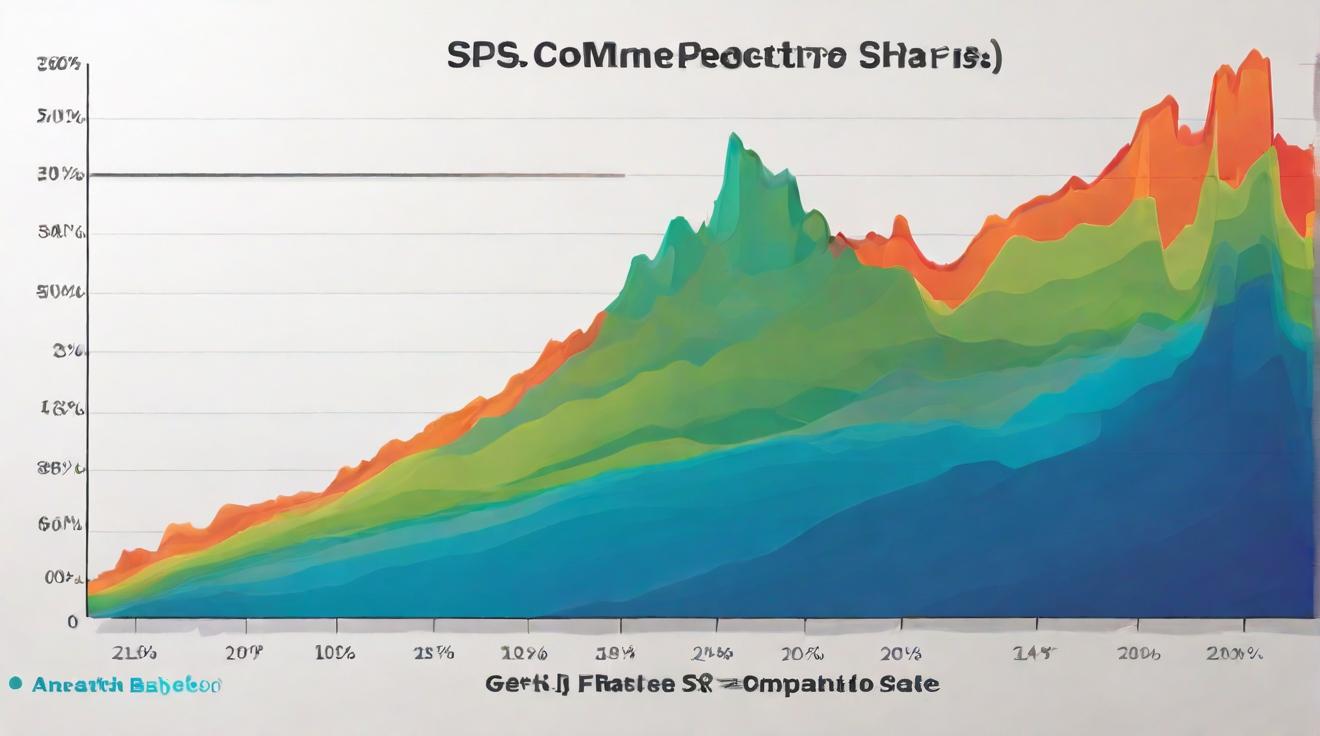Amazon Reaches $2.5 Billion Settlement with FTC Over Prime Membership Allegations
Amazon has agreed to a $2.5 billion settlement with the Federal Trade Commission (FTC) to resolve claims that the company engaged in deceptive practices related to its Prime membership program. The settlement was announced Thursday, just three days into the trial in a Seattle federal court. This agreement allows Amazon to avoid a potentially larger jury verdict and further litigation risks.
FTC Allegations and Legal Background
The FTC lawsuit, filed in June 2023 under the Biden administration, accused Amazon of misleading tens of millions of customers into enrolling in Prime memberships and deliberately obstructing their attempts to cancel subscriptions. The case also placed three senior Amazon executives at risk of individual liability if the jury ruled in favor of the FTC. Under the terms of the settlement, Amazon will pay a $1 billion civil penalty directly to the FTC and refund $1.5 billion to an estimated 35 million customers affected by “unwanted Prime enrollment or deferred cancellation.” Eligible customers will receive payments up to $51 within 90 days.
Settlement Terms and Obligations
Amazon has not admitted wrongdoing but agreed to several restrictions and operational changes as part of the settlement. These include:
- Prohibition on misrepresenting Prime membership terms.
- Requirement for clear and conspicuous disclosures at enrollment.
- Obtaining consumers’ express consent before charging for subscriptions.
- Providing an easy, straightforward cancellation process.
Amazon stated that many of these changes were already implemented years ago and will maintain the current sign-up and cancellation procedures.
Executive Conduct Restrictions
The settlement also imposes conduct restrictions on Amazon executives Jamil Ghani, head of Prime, and Neil Lindsay, a senior vice president previously involved with Prime, barring them from unlawful practices related to the case.
Regulatory and Corporate Reactions
“The Trump-Vance FTC is committed to fighting back when companies try to cheat ordinary Americans out of their hard-earned pay,” said FTC Chairman Andrew Ferguson, calling the settlement a “monumental win.”
Amazon spokesperson Mark Blafkin responded that the company and its executives have always complied with the law, and the settlement allows them to focus on innovation and customer service.
Financial and Market Implications
The $2.5 billion penalty ranks among the largest fines ever imposed by the FTC, though it represents roughly 0.1% of Amazon’s $2.4 trillion market capitalization. Following the announcement, Amazon shares experienced a slight uptick. Amazon Prime, launched in 2005, is one of the world’s largest subscription services with over 200 million members globally. The program generates significant revenue, with members paying $139 annually for benefits including free shipping and streaming content access.
Broader Antitrust Challenges Remain
Amazon continues to face a major antitrust lawsuit filed by the FTC and 17 states, alleging the company abuses monopoly power to stifle competition and inflate prices. Although Amazon secured a partial dismissal last year, the case is scheduled for trial in 2027. This settlement marks a significant regulatory development but does not resolve Amazon’s broader legal challenges in the e-commerce sector.
FinOracleAI — Market View
The $2.5 billion FTC settlement with Amazon over its Prime membership practices highlights increased regulatory scrutiny on major tech platforms’ subscription models and consumer transparency. While financially manageable for Amazon, the agreement sets a precedent for clearer disclosure and easier cancellation mechanisms in subscription services.
- Opportunities: Reinforces consumer trust through improved transparency; reduces litigation risk by resolving a high-profile FTC case; allows Amazon to focus on innovation without ongoing trial distractions.
- Risks: Ongoing antitrust litigation poses future financial and operational challenges; increased regulatory oversight could lead to further restrictions; potential reputational impact from settlement publicity.
Impact: Neutral to moderately positive. The settlement mitigates immediate legal risks and financial uncertainty, though Amazon’s broader regulatory environment remains challenging.













